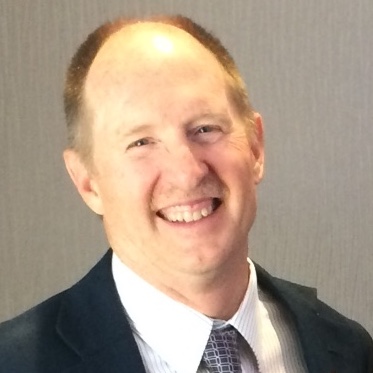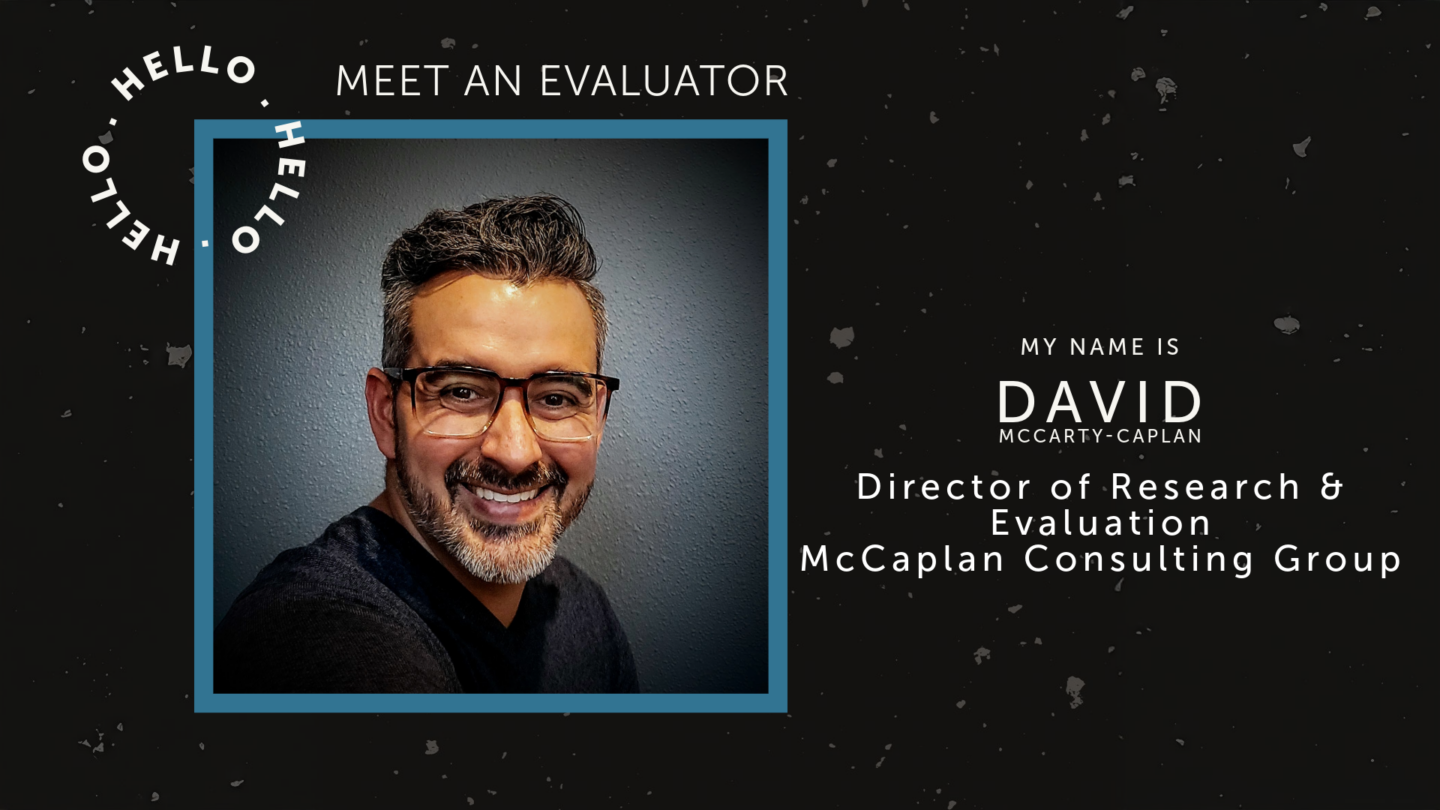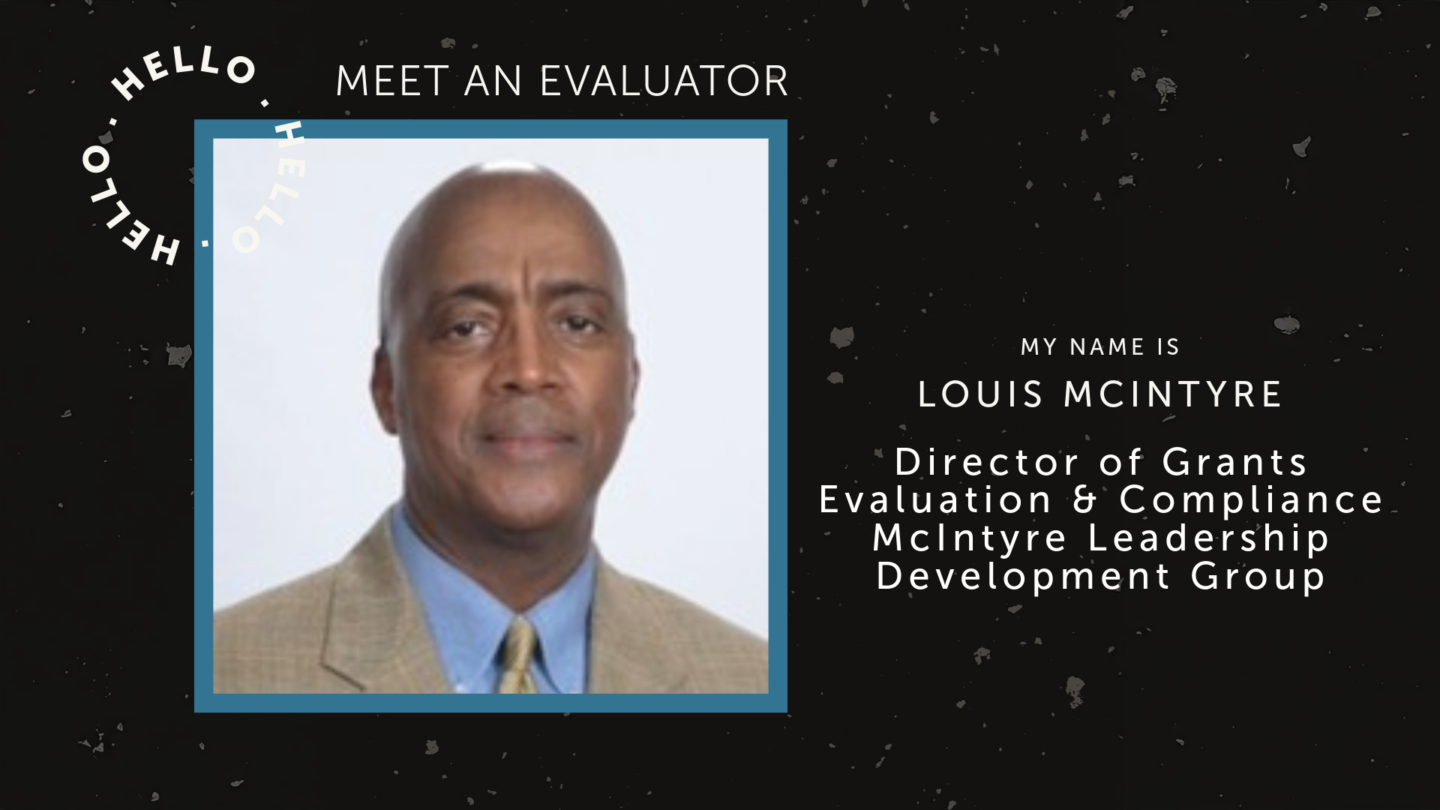
As I complete my 30th year in evaluation, I feel blessed to have worked with so many great people. In preparation for this blog, I spent a reflective morning with some hot coffee, cereal, and wheat toast (that morning donut is no longer an option), and I looked over past evaluations. I thought about any personal insights that I might share, and I came up with four:
- Lessons Learned Are Key: I found it increasingly helpful over the years to think about a project evaluation as a shared learning journey, taken with the project leadership. In this context, we both want to learn things that we can share with others.
- Evaluator Independence from Project Implementation Is Critical: Nearly 20 years ago, a program officer read in a project annual report that I had done a workshop on problem-based learning for the project. In response, he kindly asked if I had “gone native,” which is slang for a project evaluator getting so close to the project it threatens independence. As I thought it over, he had identified something that I was becoming increasingly uncomfortable with. It became difficult to offer suggestions on implementing problem-based learning when I had offered the training. That quick, thoughtful inquiry helped me to navigate that situation. It also helped me to think about my own future evaluator independence.
- Be Sure to Update Plans after Funding: I always adjust a project evaluation plan after the award. Once funded, everyone really digs in, and opportunities typically surface to make the project and its evaluation even better. I have come to embrace that process. I now typically include an “evaluation plan update” phase before we initiate an evaluation, to ensure that the evaluation plan is the best it can truly be when we implement it.
- Fidelity Is Important: It took me 10 years in evaluation before I fully understood the “fidelity issue.” Fidelity, for a loose definition, is essentially how faithful program implementers are to the recipe of a program intervention. The first time I became concerned with fidelity I was evaluating the implementation of 50 hours of curriculum. As I interviewed the teachers, it became clear that teachers were spending vastly different amounts of time on topics and activities. Like all good teachers, they had made the curriculum their own, but in many ways, the intended project intervention disappeared. This made it hard to learn much about the intervention. I evolved to include a fidelity feedback process in projects, to statistically adjust for that natural variation or to help examine differing impacts based on intervention fidelity.
In the last 30 years, program evaluation as a field has become increasingly useful and important. Like my days of eating donuts for breakfast, increasingly gone are the days of “superficial” evaluation. This has been replaced by evaluation strategies that are collaboratively planned, engaged, and flexible, which (like my wheat toast and cereal) gets evaluators and project leadership further on the shared journey. Although I do periodically miss the donuts, I never miss the superficial evaluations. Overall, I am always really glad that I now have the cereal and toast—and that I conduct strong and collaborative program evaluations.

Except where noted, all content on this website is licensed under a Creative Commons Attribution-NonCommercial-ShareAlike 4.0 International License.





 EvaluATE is supported by the National Science Foundation under grant number 2332143. Any opinions, findings, and conclusions or recommendations expressed on this site are those of the authors and do not necessarily reflect the views of the National Science Foundation.
EvaluATE is supported by the National Science Foundation under grant number 2332143. Any opinions, findings, and conclusions or recommendations expressed on this site are those of the authors and do not necessarily reflect the views of the National Science Foundation.